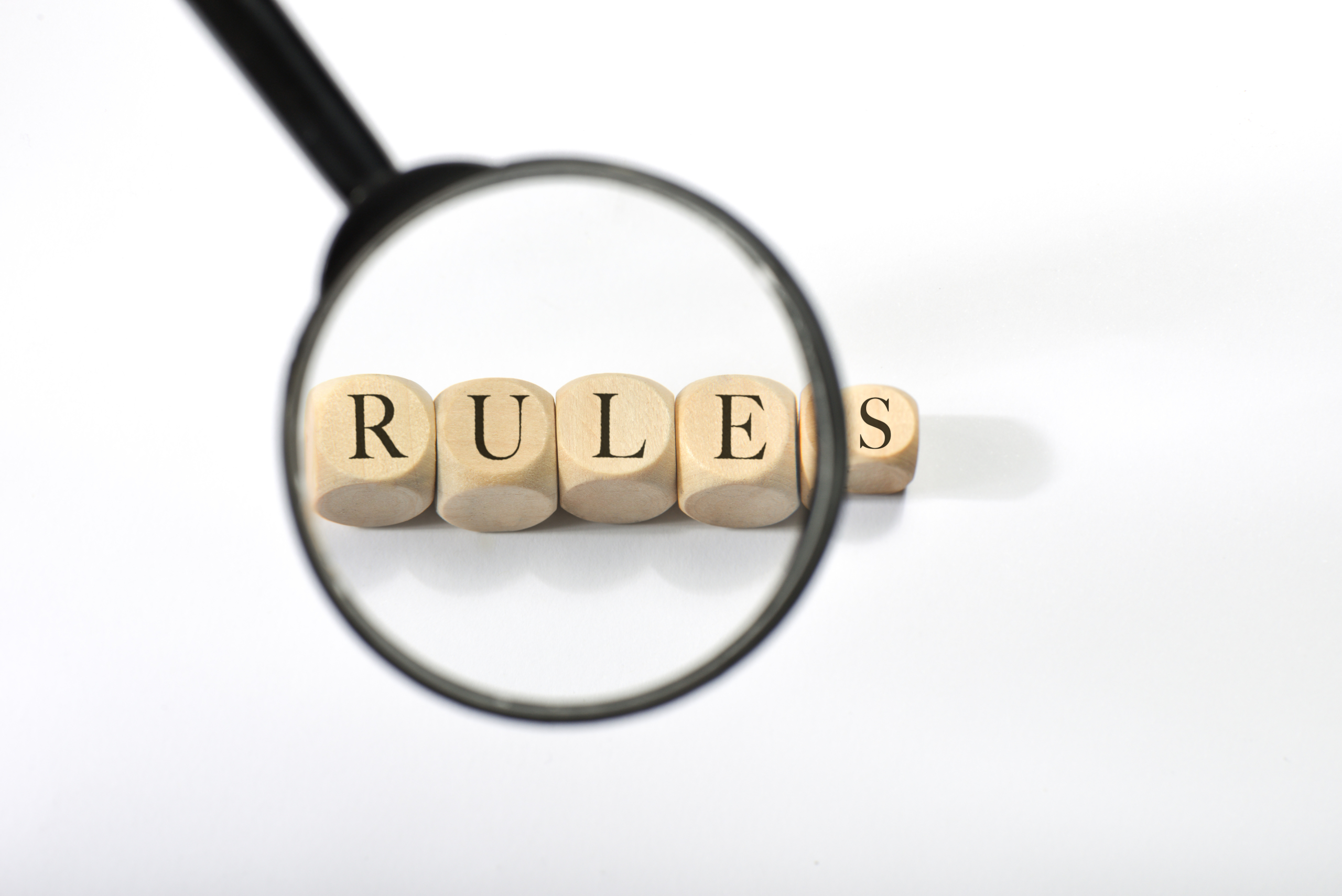In Fiscal Year 2020 the Social Security Administration (SSA) denied 61% of social security disability (SSD) applications. That means only 39% of applicants were awarded benefits. Put another way, only 4 out of every 10 applicants received SSD benefits.
If you were one of the 6 in 10 people whose SSD application was denied, you’re very likely concerned about your financial future. Fortunately, there is still a very good chance that your application will be approved through the SSD’s appeals process.
There are four levels in the appeals process:
Unfortunately, the chance that the SSA approves your disability application during the reconsideration phase is low – even lower than the chance of approval at the initial application stage. In FY 2020, only 14% of applications were approved during reconsideration.
But this low approval rating doesn’t mean you should give up. Although there is only a 1 in 10 chance that you will win at reconsideration, it is a necessary step in the appeals process and, at the very least, sets the stage for an administrative hearing, where the approval rating increases to roughly 45%. Here are some steps you can take to increase the chance that you are the 1 in 10 who wins their SSDI reconsideration. Watch our short video to learn more.

Submit your appeal on time
The SSA notifies applicants of their decision via mail. If your SSD application is denied, you have 60 days from the date listed on the denial letter to file an appeal. It is extremely important that you meet this deadline. Miss it and the SSA can refuse to consider the appeal, which means your only option is to restart the application process and go even longer without benefits.
Complete the correct paperwork
Reconsideration is basically a do-over of the initial application review, just done by a different disability determination officer. But that doesn’t mean you simply resubmit your application and hope for a different outcome. There are three additional forms you must submit for the SSA to consider your appeal, which allows you to provide information that was unavailable when you initially applied:
- Request for Reconsideration: On this form, you’ll state the reason for your appeal and explain why you believe the SSA’s decision was wrong. The form itself only has three lines to explain your reasoning, but you can attach an additional sheet of paper that more fully explains why their decision was in error.
- Disability Report: The disability report lets you include additional information about your medical condition that was unavailable when you first applied. This isn’t information you forgot to add the first time around; instead, it’s new information obtained since the initial application, such as additional diagnoses, additional tests performed, information about additional treatments you’ve tried, or explanations about why prior treatments were abandoned.
- Authorization to Disclose Information: This form gives the SSA permission to request any information related to your medical condition and how it affects your ability to work, as well as its impact on your daily life, from anybody who may have relevant information, including doctors, therapists, rehabilitation counselors, employers, and even family or friends.
Explain why the SSA’s decision was wrong
As mentioned above, the Request for Reconsideration form has three lines to explain why you believe the SSA’s decision to deny your SSD application was wrong. This isn’t very much, so we suggest you write your reasons on a separate sheet of paper and include it as an attachment.
You will want to be clear and concise about why the SSA’s decision was wrong. The SSA won’t explain why it denied your application or what it believed was lacking. However, you can safely assume that the information you provided on the initial application didn’t sufficiently explain the negative impact the disability has on your ability to work.
So, you don’t want to simply repeat everything you included on the initial application and hope the new disability examiner views it more favorably. Instead, look at what you included the first time and see how you can expand on it to paint a clearer and more accurate picture of the disability’s impact.
For example, let’s say in your initial application you stated that you cannot stand for long periods. This is a subjective explanation. What one person considers a long period can be different from someone else’s, so it’s not especially helpful to the disability examiner tasked with determining whether your disability prevents you from working.
So, instead of saying, “I cannot stand for long periods without frequent breaks,” provide specific examples of what that means, such as, “I cannot stand for long periods. For every hour standing, I need to sit 10-15 minutes with my feet elevated to alleviate the swelling.” The more specific the explanation of how your disability impacts your ability to work, the better the chance you will win at reconsideration.
Provide new medical information
The average wait time for a decision on your initial SSD application is 5 ½ months. That means during that period, you likely had more doctor’s visits and underwent more treatments (and possibly abandoned others because they weren’t working), which further document your condition.
Make sure to include any of this new medical information when you submit the request for reconsideration. This information not only further supports your medical condition and its impact on your ability to work but also that the condition shows no signs of improvement, thus making the possibility of returning to work impossible.
Hire an attorney
A social security disability attorney isn’t necessary to apply for SSD benefits, but it can substantially increase the chance that your application is approved. SSD attorneys handle these cases all the time, at every stage of the process. That means they know what information is most likely to result in approval and the best way to present it, increasing the overall chance that you are awarded benefits. Disability attorneys only receive payment if your application is approved, and their fees are set by the SSA.
The Good Law Group has more than 30 years’ experience handling social security disability cases at every level of the appeals process. Call us at (847) 577-4476 to schedule a free case evaluation.








